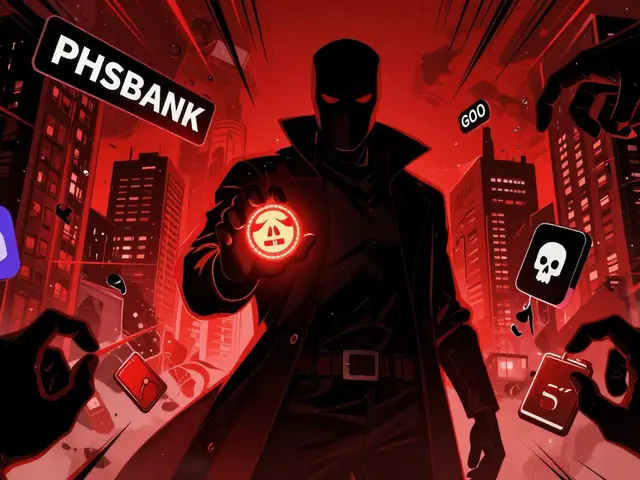Bitcoin Legal Tender: Where It's Recognized and Why It Matters
When we talk about Bitcoin legal tender, a status where a government officially accepts Bitcoin as a valid form of payment for debts, taxes, and goods. Also known as digital currency legal status, it’s not just about tech hype—it’s about real money changing hands in everyday life. This isn’t theoretical. In El Salvador, you can buy coffee with Bitcoin at street vendors. In the Central African Republic, it’s used to pay public workers. These aren’t experiments—they’re laws on the books.
But cryptocurrency regulation, the rules governments create to control how digital assets are used, taxed, and traded varies wildly. Some countries, like Iraq and Turkey, have banned crypto outright. Others, like the UK and Philippines, are tightening licensing for exchanges. Meanwhile, places like Japan and the U.S. take a mixed approach: they don’t make Bitcoin legal tender, but they let you use it legally if you pay taxes on it. The difference matters. Legal tender means you can’t be refused payment in Bitcoin. Legal to own? That’s something else entirely.
Bitcoin adoption, how widely people and businesses actually use Bitcoin in daily transactions is still small compared to cash or cards. But when a country makes it legal tender, it forces banks, merchants, and even the government to adapt. That’s why El Salvador’s move sparked global debate. It wasn’t just about Bitcoin—it was about whether a nation can bypass traditional banking systems. And that’s exactly why countries like Nigeria, India, and Brazil are watching closely, even if they haven’t followed yet.
So why does this all matter to you? If you hold Bitcoin, knowing where it’s legal tender helps you understand where it’s actually useful. If you’re a traveler, it tells you where you might pay for a meal without converting to local currency. If you’re watching the market, it signals which governments are betting big on crypto—and which are doubling down on control. The next wave of crypto adoption won’t come from tech alone. It’ll come from laws, enforcement, and real-world use cases.
Below, you’ll find real examples of how countries are handling Bitcoin and digital money. Some are banning it. Others are building their own digital currencies. A few are letting Bitcoin run wild. You’ll see what works, what fails, and what’s still up in the air.

El Salvador made Bitcoin legal tender in 2021 to boost remittances and financial inclusion. But low adoption, volatility, and technical failures turned the experiment into a cautionary tale - not a revolution.
Continue Reading





